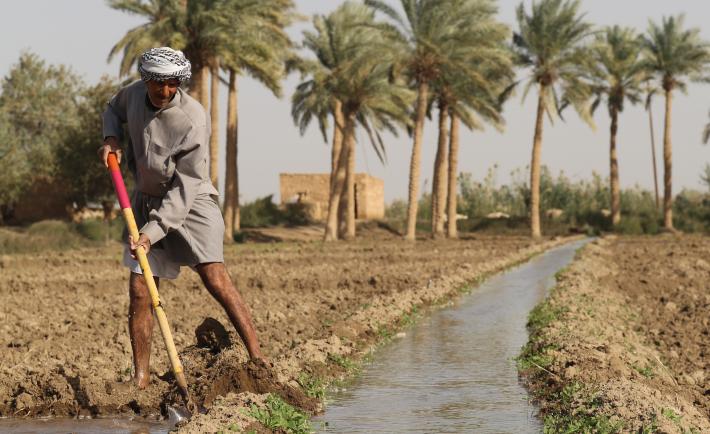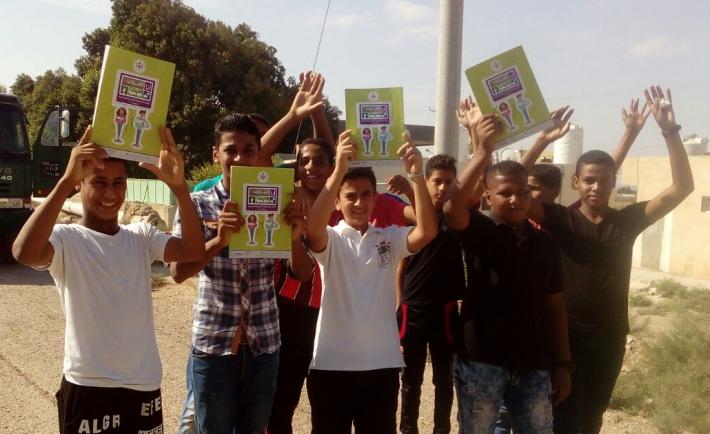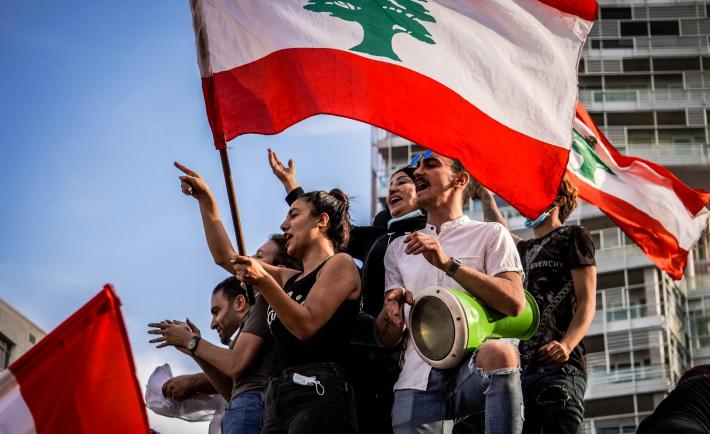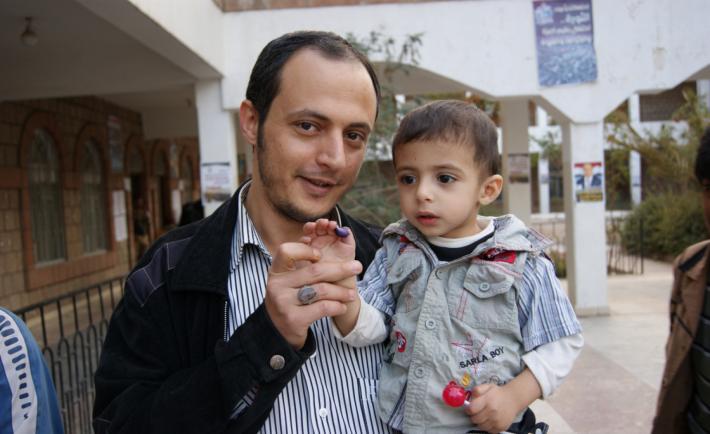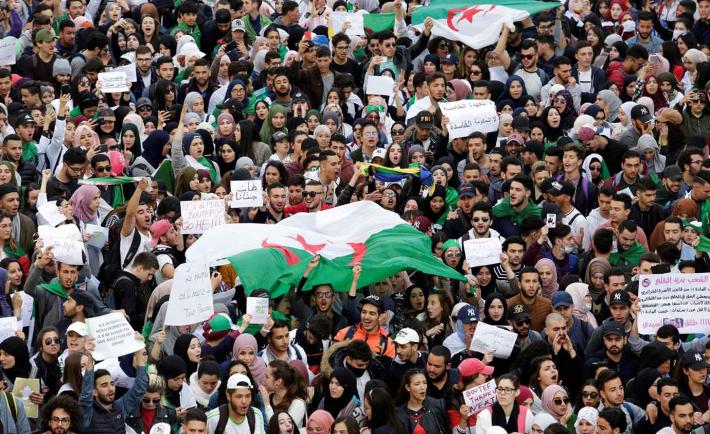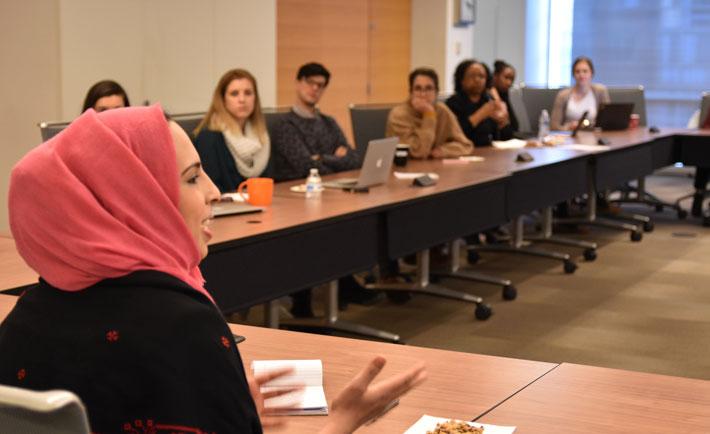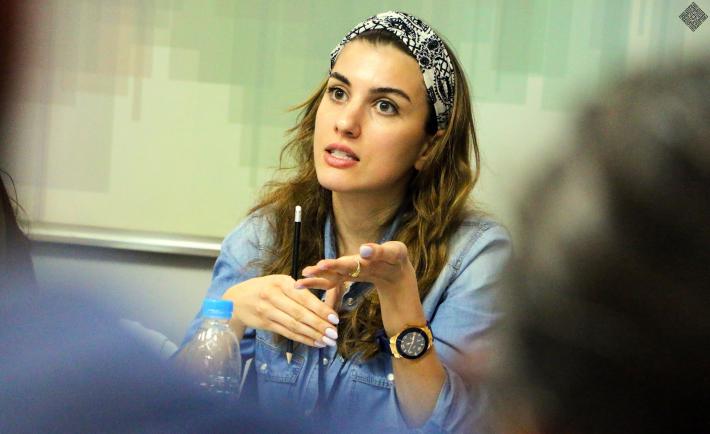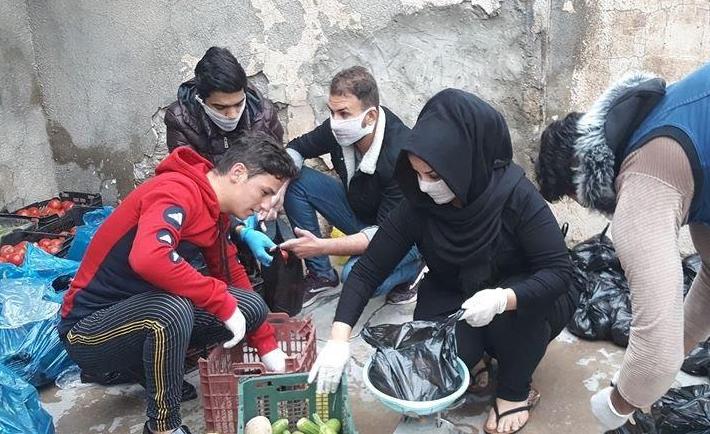
Women participating in NDI's National Reconciliation Program prepare food baskets in Kirkuk to help their community cope with movement restrictions taken in response to COVID-19
Health epidemics have a multilayered, long-standing impact on society as a whole, and an inordinate impact on women.

